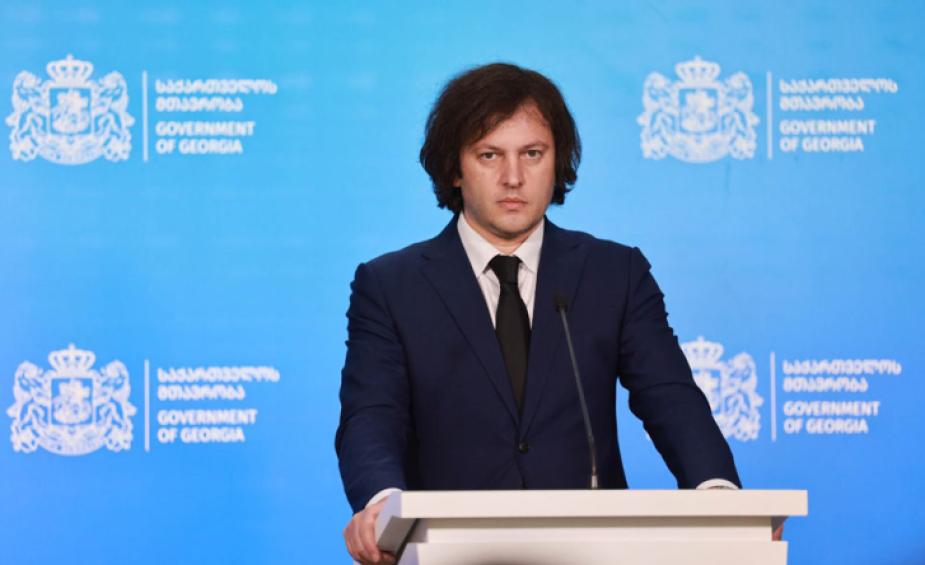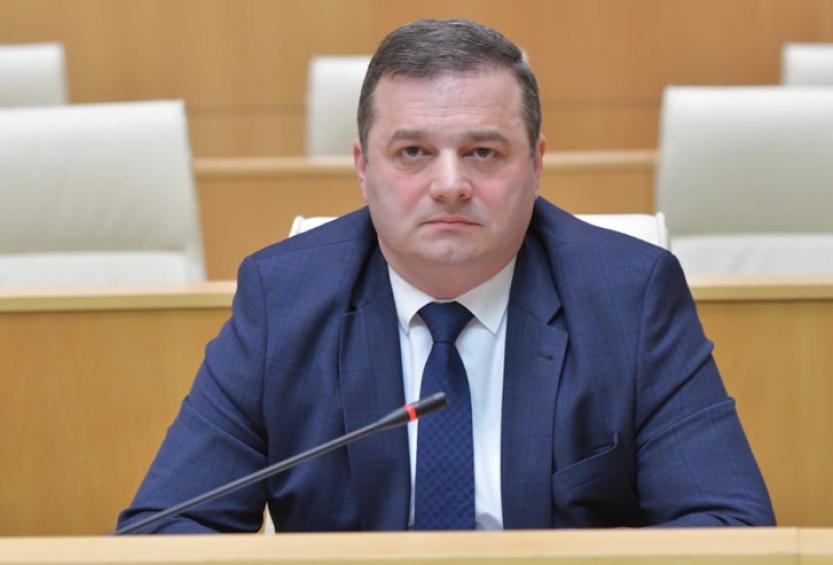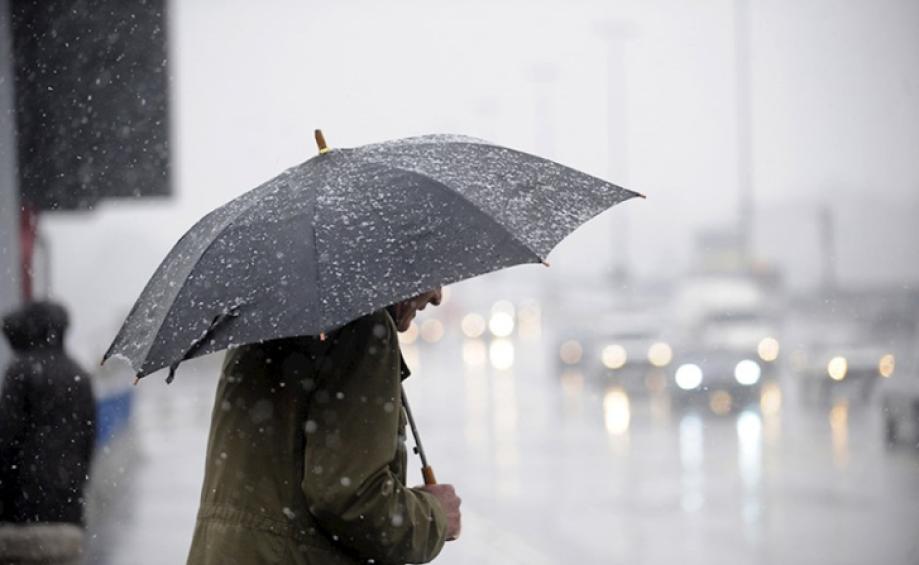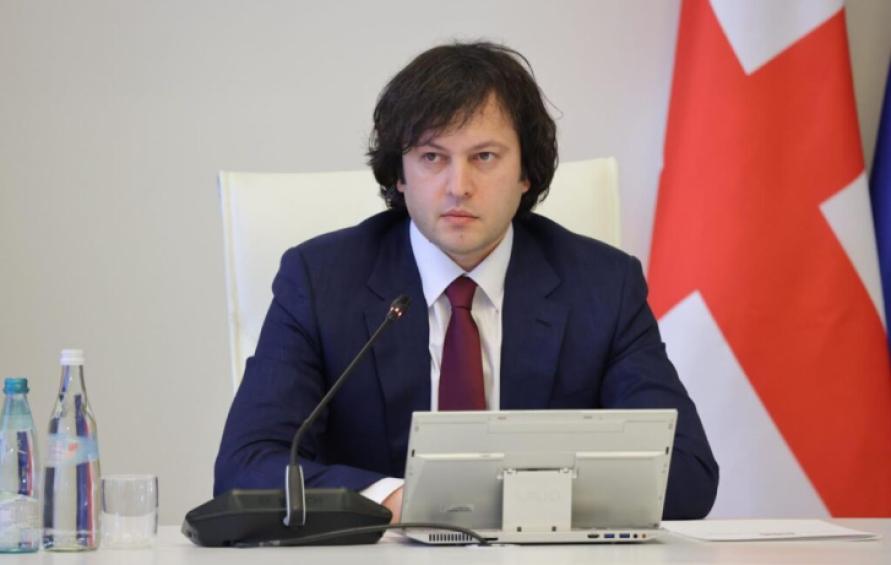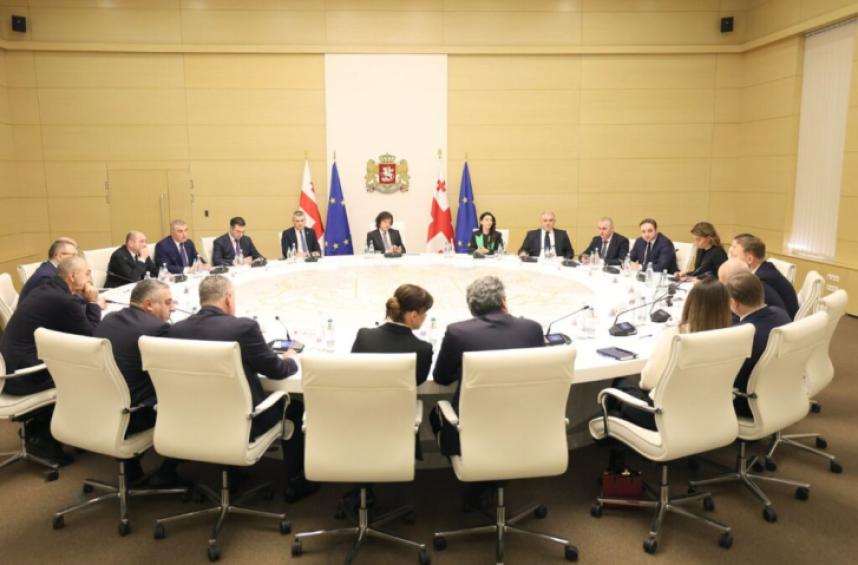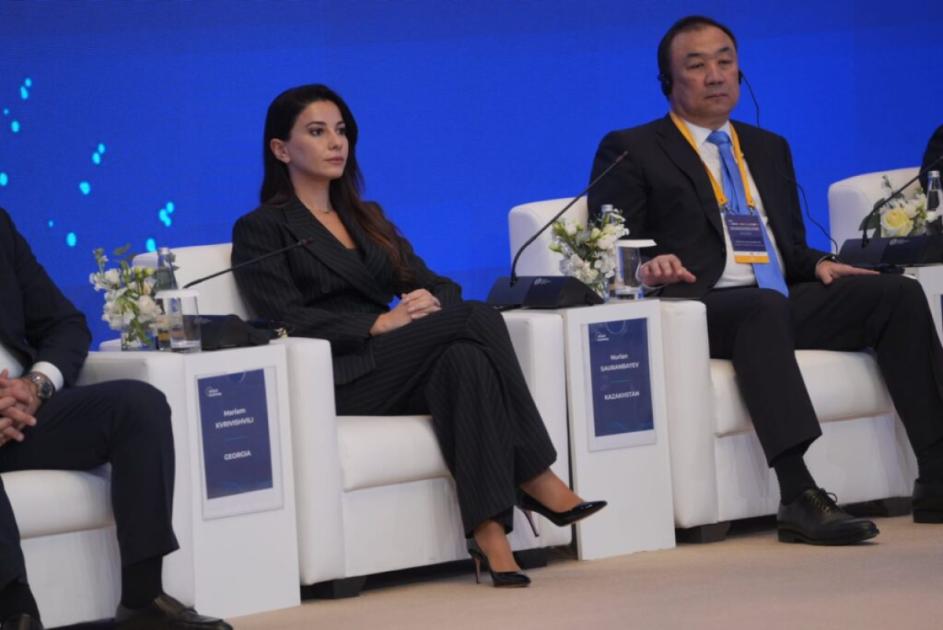
Georgia’s Economy and Sustainable Development Minister, Mariam Kvrivishvili, took part in the Second Investors’ Forum on the Trans-Caspian Transport Corridor and Connectivity held in Tashkent, Uzbekistan, co-organised by the European Union under its Global Gateway initiative.
According to the Ministry of Economy, the forum was opened by Uzbekistan’s Deputy Prime Minister Jamshid Khodjaev, Minister of Transport Ilhom Mahkamov, EU Commissioner for International Partnerships Jozef Síkela, and EU Commissioner for Enlargement Marta Kos.
Minister Kvrivishvili joined a panel discussion on enhancing connectivity across Central Asia, the South Caucasus and the Black Sea region, where she underscored Georgia’s substantial state investments in transport infrastructure. These investments, she noted, have significantly reduced transport and travel times while improving road safety.
Among the flagship projects she highlighted was the East–West Highway, now more than 70 percent complete, and the modernisation of Georgia’s main railway line. The upgraded line has increased capacity and halved container wagon transit times—from 24 hours to 12 hours—improving freight efficiency along the East–West corridor.
Kvrivishvili added that Georgia will expand its railway rolling stock next year to meet rising demand for transit and export cargo. She also announced that the Baku–Tbilisi–Kars (BTK) railway is nearing completion, with full operational launch expected by the end of the year, enabling smoother connectivity among Georgia, Azerbaijan, Turkey, and the broader corridor.
The Minister identified the Anaklia Deep-Sea Port as a key strategic priority, noting its capability to host large container vessels and serve as a major maritime hub linking Europe and Asia. This project is supported by expanded ferry services to EU ports—including Constanța, Burgas and Varna—and the development of logistics zones and dry ports to enhance multimodal operations.
Kvrivishvili stressed that Georgia’s transport and connectivity agenda aligns closely with EU initiatives. The inclusion of Georgia’s key railway, port and logistics infrastructure in the Trans-European Transport Network (TEN-T) ensures that national investments remain synchronised with the broader European system.
“By positioning the Black Sea as a strategic gateway, securing transit routes and facilitating trade, Georgia strengthens regional resilience across Europe and Asia—transforming from a transit country into a true connecting hub,” she stated.
The Georgian delegation also included Deputy Ministers Tamar Ioseliani and Genadi Arveladze.
0
0




